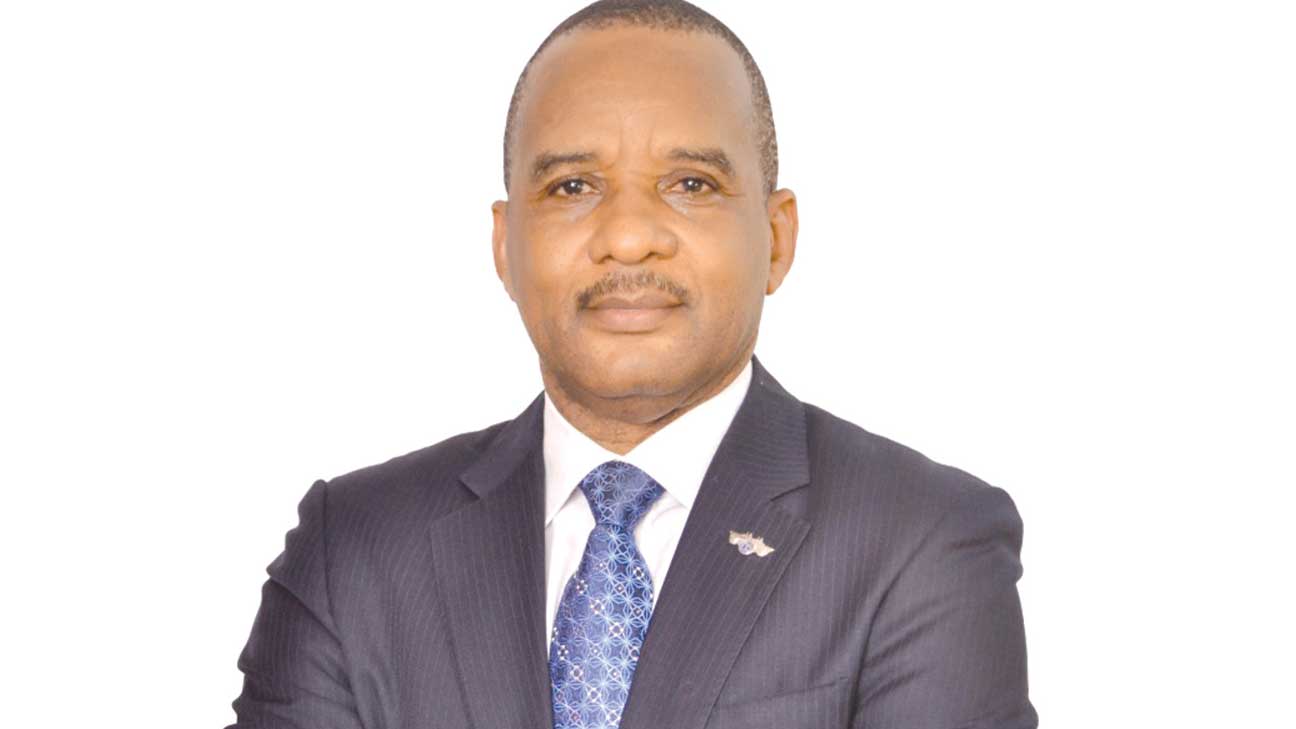
The Blue Economy, which is the new direction Nigeria intends to go in the effort to diversify its economy, is going to see an explosion of activities in the maritime sector more than ever before. It is going to involve exploration of economic potential that abound in the country’s waters from the ocean right down to the creeks – opportunities that may not be known to exist because efforts have never been made to explore them.
An initiative of the Nigerian Maritime Administration and Safety Agency (NIMASA), the Blue Economy has the capability of replacing oil as Nigeria’s economic mainstay. It is one programme that is going to involve more Nigerians – as individuals, communities, local government areas, states and the nation.
Apart from the littoral states that lie on the Atlantic coast which directly bear the brunt of natural disasters like ocean surge, flooding and other adverse effects of climate change, other states, up to the central and northern parts of the country, will also benefit from the Blue Economy.
For the Blue Economy to thrive, Nigeria has to have a more secure and safe maritime environment, completely different from what had been the case for many decades, which perennially robbed the country of the huge economic benefits of being a major player in the international shipping industry. There must be a shedding of the negative image the country has had on account of the maritime insecurity with which the Gulf of Guinea, where Nigeria accounts for 70 per cent of shipping activities, is associated.
In February, 2021, NIMASA rolled out the Integrated National Security and Waterways Protection Infrastructure, otherwise known as the Deep Blue Project, to tackle insecurity in Nigeria’s waterways. The programme, which was officially inaugurated by President Muhammadu Buhari on Thursday, June 10, 2021, is designed to enable the country to launch a full scale war against pirates and other maritime criminals in order to guaranty the safety and security of Nigeria’s maritime space, including its exclusive economic zones up to the Gulf of Guinea. Within one year of its operation, the Deep Blue Project has proved to be the answer to the incessant cases of piracy, armed robbery and other maritime crimes that hindered economic and social activities in the country’s maritime environment for a long time.
There has been an appreciable reduction of such cases in the last one year, a development that has been applauded by the International Maritime Bureau (IMB) which acknowledged a 30 per cent drop in piracy cases in 2021 alone, since the launch of the programme.
The fight against piracy in Nigeria’s waterways has been aided largely by the Suppression of Piracy and Other Maritime Offences (SPOMO) Act of 2019, which has now made it possible for piracy suspects to be charged to court – something that was not possible before now, which greatly impeded the fight. Through the instrumentality of the law, 20 pirates are currently serving various jail terms for piracy and other maritime offences.
The success of the Blue Economy programme is going to be dependent on the success of the Deep Blue Project. Despite the relative success that has so far been recorded in terms of reduction in piracy cases in Nigeria’s waterways since the commencement of implementation of the project, NIMASA is aware of the fact that it is not yet Uhuru. There is still a lot be done to have a fully secure and safe maritime environment that would allow active and unfettered participation of Nigerians in the Blue Economy.
Some of the personnel in some critical components of the Deep Blue Project are still undergoing training and would be deployed as soon as they have completed their training. Crime all over the world, just like legitimate areas of endeavour, is getting more and more sophisticated, especially with the advent of technology. The best strategy is to stay ahead of criminals, not behind, more so in a sector that accounts for more than 65 per cent of world trade. That is why training and deployment of manpower and technology will be a continuous process, even when insecurity in the waterways is brought under control.
Nigeria cannot have a secure maritime environment if the entire Gulf of Guinea is not secure. That is why it is collaborating with other countries in the West and Central African regions on security arrangements that would keep the Gulf of Guinea secure.
The country has had to join other heads of state and governments to sign the Yaoundé Declaration, for collaboration in the fight against piracy and other forms of criminality in the Atlantic Ocean. This is in response to the United Nations Security Council’s resolutions of 2011 and 2012 which called on countries in the ECOWAS, ECCAS and the Gulf of Guinea to work together to fight piracy, armed robbery and other criminal acts in the region.
The commencement of the Blue Economy is going to see a more effective implementation of the Deep Blue Project within the country’s internal waters, not just in the Atlantic Ocean, but also in the rivers, lakes, creeks, and even swamps – wherever economic potential abound, which has the likelihood of attracting the participation of Nigerians. It’s an attempt to kill two birds with one stone – encourage participation in the Blue Economy and securing the environment with the Deep Blue Project.
• Dr. Jamoh, Director-General and Chief Executive Officer of the Nigerian Maritime Administration and Safety Agency, writes exclusively for The Guardian



